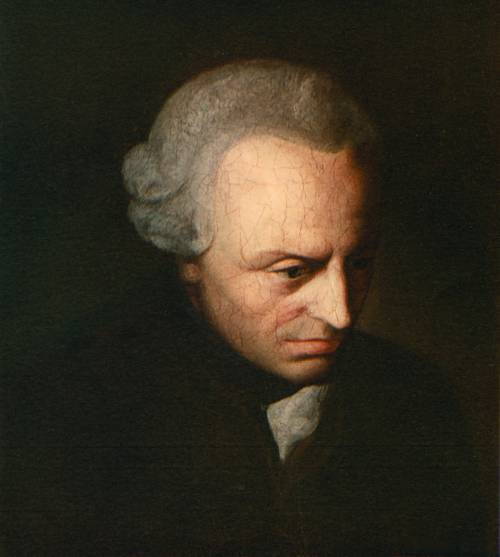
FAQ About Immanuel Kant

What is the significance of Kant's 'Critique of Practical Reason'?
Kant's 'Critique of Practical Reason' (1788) is a seminal work in which he explores moral philosophy and the role of reason in ethical decision making. He expands on his concept of the Categorical Imperative, emphasizing the necessity of freedom and autonomy for moral agents. This work represents Kant's attempt to demonstrate that moral laws are derived from rationality itself, not from empirical observation or external dictates, thereby establishing a foundation for ethical behavior based on reason and duty.
